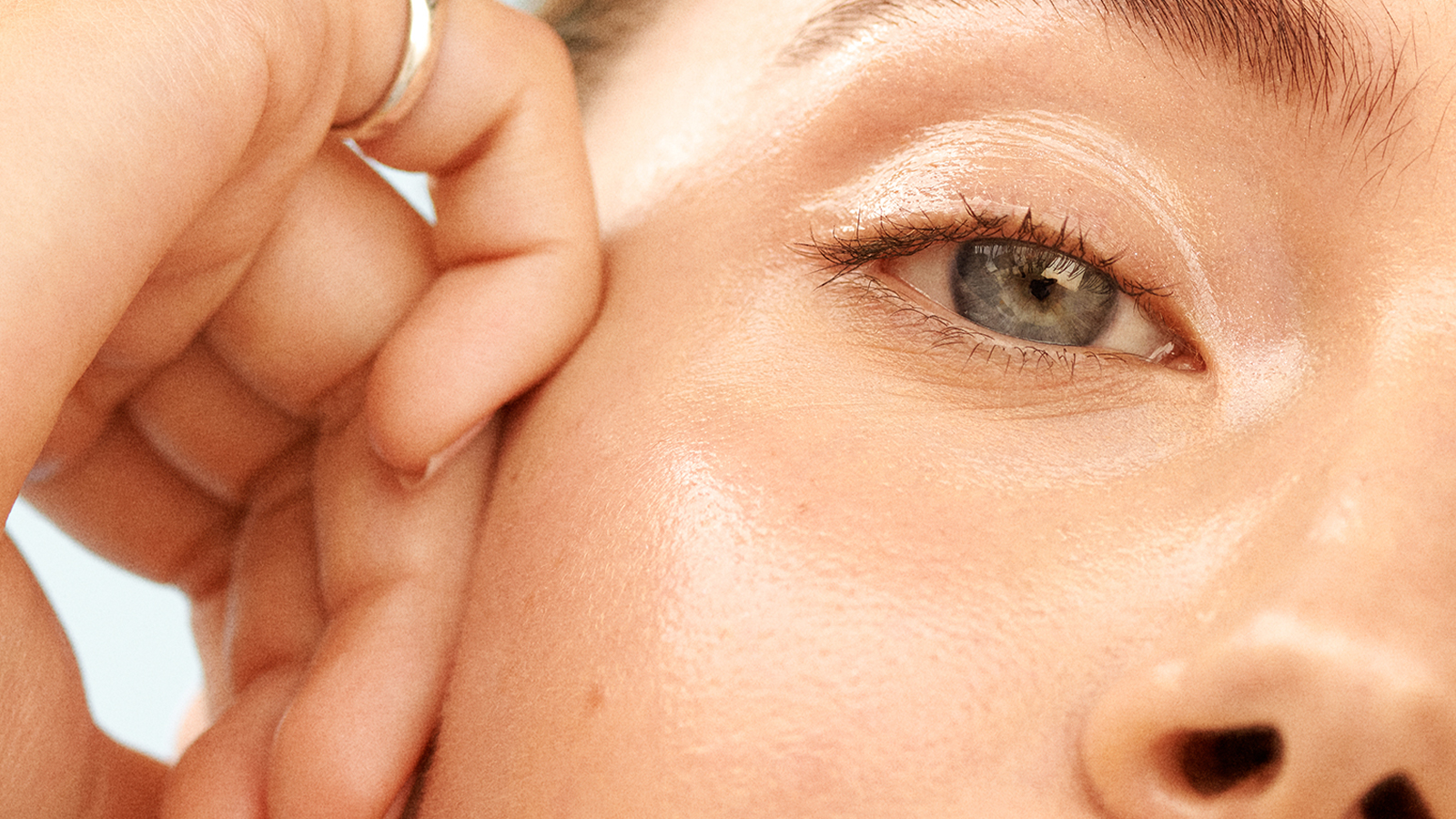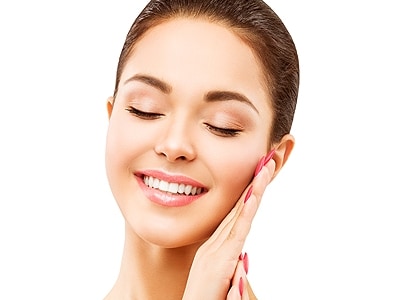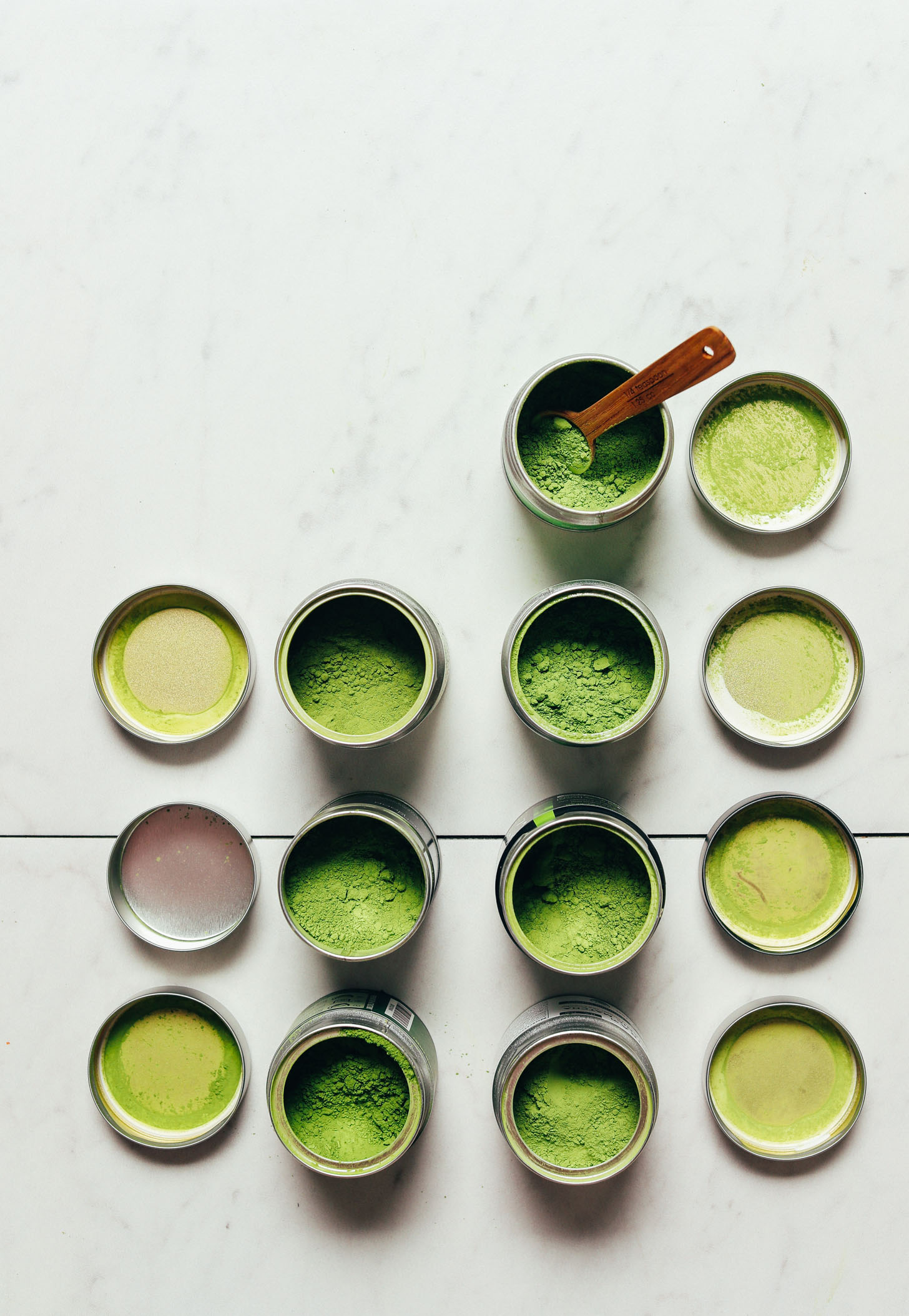
[ad_1]

D is for Drama: Demystifying Vitamin D in COVID19
Vitamin D is the present topic of dramatic debates and a litter of research. So what’s the deal, Is vitamin D preventative and protecting in COVID19? You’d higher buckle up… it’s a little bit of a large number.
TL;DR
- Present research trace at correlation, not causation.
- Be careful for opinions funded by the complement business.
- Some research present no affect of vitamin D supplementation on essential sickness.
- Low ranges of vitamin D could also be an indication — not of insufficient consumption — however of impaired manufacturing and metabolism as a result of sickness.
Let’s begin with an outline of Vitamin D — what it’s, the place we get it, and the way it capabilities within the physique.
Vitamin D is a fat-soluble vitamin produced by this pores and skin in response to solar publicity. It’s additionally obtainable in some meals, together with fatty fish, like salmon, tuna, and mackerel, egg yolks and beef liver, fortified milk (dairy and non-dairy), and sun-dried mushrooms. This type of vitamin D, nonetheless, is biologically inert. For vitamin D for use by the physique it have to be transformed, first by the liver, then by the kidneys, to its lively kind — calcitriol.
Vitamin D serves a number of essential roles within the physique:
- Promotes calcium absorption within the intestine; maintains serum calcium and phosphate concentrations for correct bone mineralization and to stop hypocalcemic tetany (spasms brought on by low calcium).
- Required for bone development and bone transforming by osteoblasts and osteoclasts. Inadequate vitamin D can result in the situation of skinny, brittle, misshapen bones often called rickets in kids and osteomalacia in adults.
- Modulates cell development, neuromuscular and immune perform, and discount of irritation. Vitamin D partially modulates many genes encoding proteins that regulate cell proliferation, differentiation, and apoptosis (NIH, 2020).
No matter any affect in COVID19, we will all possible agree that having wholesome ranges of vitamin D is mostly a good suggestion.
Correlation vs. Causation
Let’s check out a number of the research claiming that vitamin D is protecting in COVID19. Many of those research are based mostly on the correlation between vitamin D deficiencies within the geographic areas (viz. Spain, Italy, and Switzerland) and demographics (the aged) hit hardest by the illness. The literature is evident and constant: vitamin D deficiency goes hand-in-hand with COVID19 (Ilie et al., 2020), (Biesalski, 2020), (Ebadi & Montano-Loza, 2020), (Davies et al., 2020)[pre-print; not peer-reviewed].
However does that imply vitamin D supplementation is a repair?
Regardless of the “crude associations” (Ilie et al., 2020) between vitamin D deficiency and COVID19, there are a number of points to contemplate earlier than stress-buying dietary supplements:
- Folks with decrease vitamin D ranges are at larger threat for an infection, however this appears to be defined by different threat components, not vitamin D itself. In a single examine the affiliation between COVID19 and vitamin D deficiency disappeared when the outcomes have been adjusted for components like age, race, weight problems, and socioeconomic standing (Hastie et al., 2020).
- Vitamin D manufacturing and metabolism is usually altered in sickness. Low vitamin D could also be a sign of sickness severity, not the reason for it (PulmCCM, 2020).
3. These correlations don’t verify that supplementation with vitamin D shall be preventative or protecting in COVID19; solely randomized scientific trials can set up the efficacy of supplementation (O’Connor, 2020). - It’s a good time to harken again to that favourite mantra out of your highschool statistics class: “Correlation doesn’t indicate causation.”
Preserve an Eye on the Cash
A paper revealed lately in Vitamins makes a case for utilizing vitamin D supplementation to guard in opposition to COVID19. In line with this overview, vitamin D:
- Enhances mobile innate immunity by inducing antimicrobial peptides cathelicidins and defensins which destroy invading pathogens by destabilizing their cell membranes. Cathelicidins and defensins decrease viral replication charges.
- Protects in opposition to a cytokine storm triggered by the innate immune system by decreasing the manufacturing of proinflammatory cytokines TNFα and IFNγ and rising the expression of anti-inflammatory cytokines by macrophages. Proinflammatory cytokines mediate irritation that damages the lungs and results in pneumonia.
- Modulates adaptive immunity, promotes decision of irritation through the induction of regulatory T cells.
Sounds cheap, however a number of pink flags are going up. Most of the research referenced by this paper, from which these mechanisms are extrapolated, are in vitro or animal research, not human trials. One of many extra compelling-looking citations is a documented predatory journal, the “European Journal of Biomedical and Pharmaceutical Sciences.” A look on the journal Vitamins itself reveals that its writer MPDI has a historical past of compromised requirements.
All this apart, although, not one of the cited research examine the impact of vitamin D supplementation on COVID19 sufferers. Understand that theorizing about mechanisms of motion is a good place to start out, however hypothesis shouldn’t be the identical as science. The entire level of empiricism is that actuality usually doesn’t work the way in which we think about it’d. Therefore the necessity for scientific trials.
The authors provide additional observations to assist the idea that vitamin D reduces the danger and severity of COVID19:
- The outbreak occurred in winter, the season when 25-hydroxyvitamin D (a liver metabolite measured to evaluate vitamin D standing) concentrations are lowest
- The variety of instances within the Southern Hemisphere close to the tip of summer season are low
- Vitamin D deficiency has been discovered to contribute to acute respiratory misery syndrome
- Case-fatality charges improve with age and with power illness comorbidity, each of that are related to decrease 25(OH)D focus
They conclude with the advice that folks susceptible to “influenza and/or COVID19 think about taking 10,000 IU/d of vitamin D3 for a number of weeks to quickly increase 25(OH)D concentrations, adopted by 5000 IU/d. The purpose ought to be to boost 25(OH)D concentrations above 40–60 ng/mL (100–150 nmol/L)” (Grant et al., 2020).
Appears legit… perhaps? However then once more, look: not solely are the conclusions drawn based mostly on theoretical mechanisms and correlations, however a number of of the authors have a vested monetary curiosity in vitamin D gross sales. One is a direct retailer of vitamin D, whereas one other receives funding from vitamin D provider Bio-Tech Pharmacal. It goes with out saying that such conflicts of curiosity introduce bias.
*eyebrow increase* Are your skeptic senses tingling but?
Some Research Present No Impact
A trial carried out and funded by way of the Nationwide Coronary heart, Lung, and Blood Institute (NHLBI) Prevention and Early Therapy of Acute Lung Damage (PETAL) Community discovered no impact of early excessive dose vitamin D3 on critically ailing vitamin D poor sufferers.
The topics of this examine have been 1,078 critically ailing sufferers admitted to the ICU in 44 hospitals across the US who had been screened for vitamin D deficiency. Most sufferers had pneumonia, sepsis, want for mechanical air flow or vasopressors, and have been at excessive threat for acute respiratory misery syndrome (ARDS). These sufferers have been randomized to obtain a single 540,000 IU enteral dose of vitamin D3 or placebo. This dose of vitamin D quickly corrected vitamin D deficiency, however failed to supply a bonus over placebo with respect to mortality, size of keep, or days of mechanical air flow.
There was no dose-response curve in these receiving supplementation, and people sufferers affected by extra extreme deficiencies skilled no extra constructive outcomes than less-deficient sufferers (NEJM, 2019).
A overview of this examine revealed by Pulmonary Essential Care Medication notes that vitamin D manufacturing and metabolism are considerably altered throughout sickness, which frequently causes ranges to fall under the edge of what’s thought-about regular. It’s unclear if this low degree is a direct reason for hurt. Certainly, the classification of such ailing sufferers as “poor” in vitamin D is considerably questionable (PulmCCM, 2020).
An earlier randomized trial discovered that supplementation exhibited higher outcomes, however the mortality impact vanished inside months (JAMA, 2014).
In sum: the function of vitamin D in stopping COVID19 an infection and decreasing illness severity is speculative at finest. We have now myriad correlations and believable theoretical mechanisms, which point out the likelihood that vitamin D supplementation could also be of use. What we nonetheless want, nonetheless, are scientific trials to ascertain a definitive causal relationship. Seems like a number of of those are within the works, so preserve an eye fixed out for brand new findings.
COVID19 apart, Vitamin D deficiency is ubiquitous and causes well-established well being issues. Even when vitamin D doesn’t resolve COVID19 the way in which you would possibly hope and dream it does, it’s nonetheless worthwhile to hunt nutrient repletion for all of the credibly-recognized well being advantages.
Be wise, don’t take greater than the advisable dose of nutritional vitamins with out consulting a professional healthcare supplier, and save your cash — large doses of nutritional vitamins aren’t a magic bullet for COVID19. As an alternative, think about spending extra socially distanced time outdoor, eat fatty fish like tuna, mackerel, and salmon, egg yolks, fortified milk, and sun-dried mushrooms.
You realize, do the conventional wholesome issues you ought to be doing in any case.
[ad_2]
Source link












